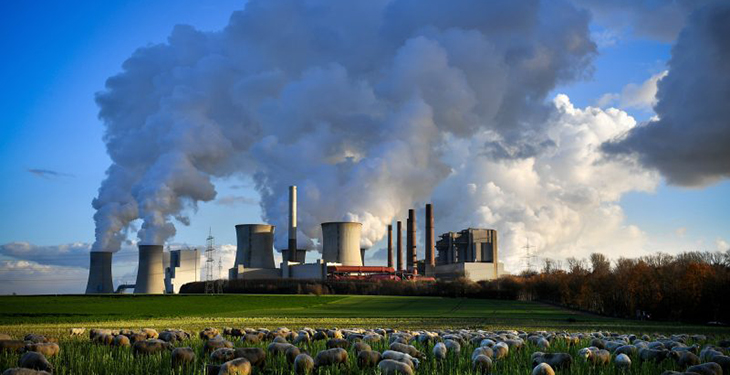The German government’s comprehensive 2030 climate package announced last year will likely fail to reach its objective and not bring about the desired carbon emissions reduction, two analysis commissioned by the country’s environment ministry (BMU) and the economy ministry (BMWi) has found.
The BMU study says emission reduction by the end of the decade will stand at about 51 percent compared to 1990 levels, instead of 55 percent, the target set in the government’s Climate Action Programme, according to CLEW.
While the study expects emissions reduction in the electricity sector and industry to largely comply with government plans, progress in transport and heating is seen to be especially off track. “On the basis of the current climate action programme, the climate targets for 2020 and 2030 will not be reached,” the analysis conducted under the aegis of the Institute for Applied Ecology (Öko-Institut) found. The government promised to commission an independent assessment of its effectiveness after launching the package in September 2019. Measures in the programme, such as a national carbon price on transport and heating or the mass roll-out of electric cars, as well as the parallel coal phase-out are supposed to reduce Germany’s emissions to 543 million tonnes of CO2 by 2030, from 858 in 2018.
